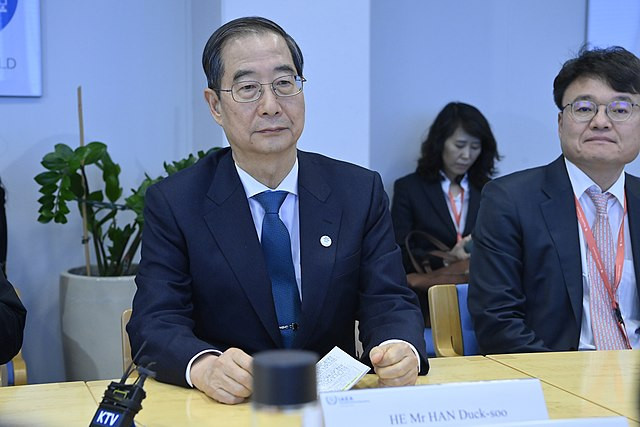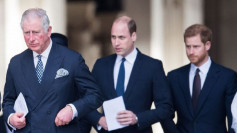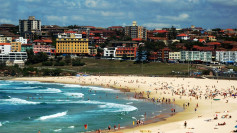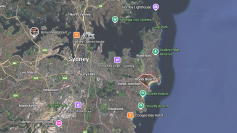South Korea plunged deeper into political uncertainty on Friday as its National Assembly voted to impeach Acting President Han Duck-soo, just weeks after impeaching President Yoon Suk Yeol. The decision marked the first time in the country's history that two leaders have faced impeachment in such rapid succession.
The 192-0 vote against Han was spearheaded by the opposition Democratic Party, which controls the National Assembly. Legislators from Han's ruling People Power Party boycotted the vote, calling it "abuse of power" and accusing the opposition of jeopardizing national stability.
The impeachment stems from Han's refusal to appoint three justices to the nine-member Constitutional Court. These appointments are critical as the court deliberates on Yoon's impeachment, following his controversial six-hour martial law declaration on December 3. Without the full bench, the court's ability to render decisions has been questioned, further complicating an already volatile political landscape.
Han defended his decision not to fill the vacancies, stating that bipartisan agreement was essential. "The process is as important as filling the constitutional judge positions," he said before the impeachment vote. Opposition lawmakers argued this refusal was a stalling tactic aimed at delaying the court's review of Yoon's impeachment.
In the aftermath of Han's removal, Finance Minister and Deputy Prime Minister Choi Sang-mok has assumed the role of acting president, making him the third leader to hold the position in less than a month. Choi addressed the nation, vowing to ensure stability amid the political upheaval. "The government will do its best to ensure national stability," he said in a televised statement.
The impeachment crisis follows weeks of mass protests sparked by Yoon's declaration of martial law earlier this month. Demonstrators took to the streets of Seoul, decrying what they viewed as an overreach of presidential authority. Yoon's martial law decree, which he claimed was necessary to quell potential unrest, drew swift condemnation and calls for his resignation from across the political spectrum.
Yoon, 64, was impeached on December 14, with at least a dozen members of his own party joining the opposition in voting for his removal. He now faces accusations of rebellion and abuse of power, along with a slew of investigations from various government agencies. The former prosecutor has denied all allegations and refused to cooperate with summons from investigators.
The Constitutional Court, currently operating with six of its nine justices, has up to six months to decide whether to uphold the impeachment votes against Yoon and Han. At least six justices must agree for Yoon's removal to be finalized. Complicating matters further, the court has yet to determine whether the six sitting justices alone can rule on the matter.
The ongoing crisis has unnerved South Korea's allies and trading partners. In recent weeks, South Korean diplomats have sought to reassure the United States, China, and Japan that the turmoil will not disrupt existing alliances or economic relations.
Criticism of the ruling People Power Party has intensified, with opposition leader Lee Jae-myung accusing it of betraying its constitutional duties. "The acting president has transformed into an 'acting insurrection leader,'" Lee said during a press conference, alleging that the party's actions were designed to shield Yoon from accountability.
Adding to the uncertainty, Yoon has been banned from leaving the country and faces potential charges of leading an insurrection, a crime punishable by life imprisonment or even the death penalty.
If Yoon's impeachment is upheld, South Korea will face its shortest presidential term in democratic history. New elections would need to be held within 60 days to fill the void, potentially prolonging the political chaos.






